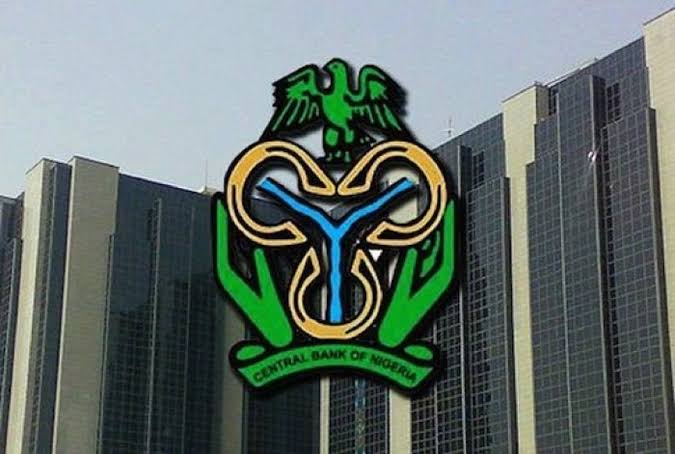Nigeria’s apex financial regulatory body, the Central Bank of Nigeria (CBN) has initiated a policy that requires customers to submit their social media handles to their banks for identification. It also requested that banking institutions should also get customer’s e-mail addresses, phone numbers, and residential addresses. Tagged: “Central Bank of Nigeria Customer Due Diligence Regulation 2023”, the apex bank says this measure is to check money laundering and terrorism financing.
The CBN said it is in further compliance with the Money Laundering (Prevention and Prohibition) Act, 2022, Terrorism (Prevention and Prohibition) Act, 2022, Central Bank of Nigeria (Anti Money Laundering, Combating the Financing of Weapons of Mass Destruction in Financial Institutions) Regulations, 2022 and international best practices, among others.
This move is coming only less than a decade after the CBN implemented what they called Nigerian Uniform Bank Account Number (NUBAN) which is a standardized ten-digit code that is used to identify specific bank accounts in Nigeria. It was then followed by the Bank Verification Number (BVN), and the Tax Identification Numbers (TIN) and many other moves directed at collecting the data of Nigerians. One then wonders what the CBN intends to achieve with this new policy -demanding the social media handles of customers. With the heavy data base which they have, an extra acquisition of social media handles is rather unnecessary, sinister and obnoxious. It asks the question whether the CBN and the government of the day intends, through this ploy, to surreptitiously gag Nigerians from the use of social media to express themselves? Such policy under any guise should be rejected by the civil society, human rights organizations and indeed all Nigerians. We cannot afford to continuously sleep over our rights under every demand tagged “regulatory”.
This new policy is not only obnoxious but a gross infringement on the fundamental human rights of Nigerian – their rights to freedom of expression and privacy enshrined in Sections 37 and 39 of the 1999 Constitution. Article 19 of the International Covenant on Civil and Political Rights and Article 9 of the African Charter on Human and Peoples’ Rights also guarantee the right to freedom of expression. Article 17 of the Covenant also guarantees the right to privacy.
The implication of demanding the social media handles of customers and tying them to their accounts is that the CBN inadvertently will begin to regulate the ability of Nigerians to express themselves independently because they can easily freeze one’s account for making or sharing an “anti-government” opinion. Such intrusive policies are only seen in undemocratic and despotic states where the word of the dictator is law but in a democratic dispensation like Nigeria, there should not be any accommodation for such infringements on the fundamental rights of citizens. No organization or establishment should compel citizens to submit their social media handles as a requirement for financial services
The acting CBN Governor should not commence his leadership at the apex institution on a controversial note by making unpopular policies rather he should focus on reviving the comatose and depressed Nigerian economy at this point of our economic quagmire
Written by NNAMDI ABANA





Comments are closed for this post.